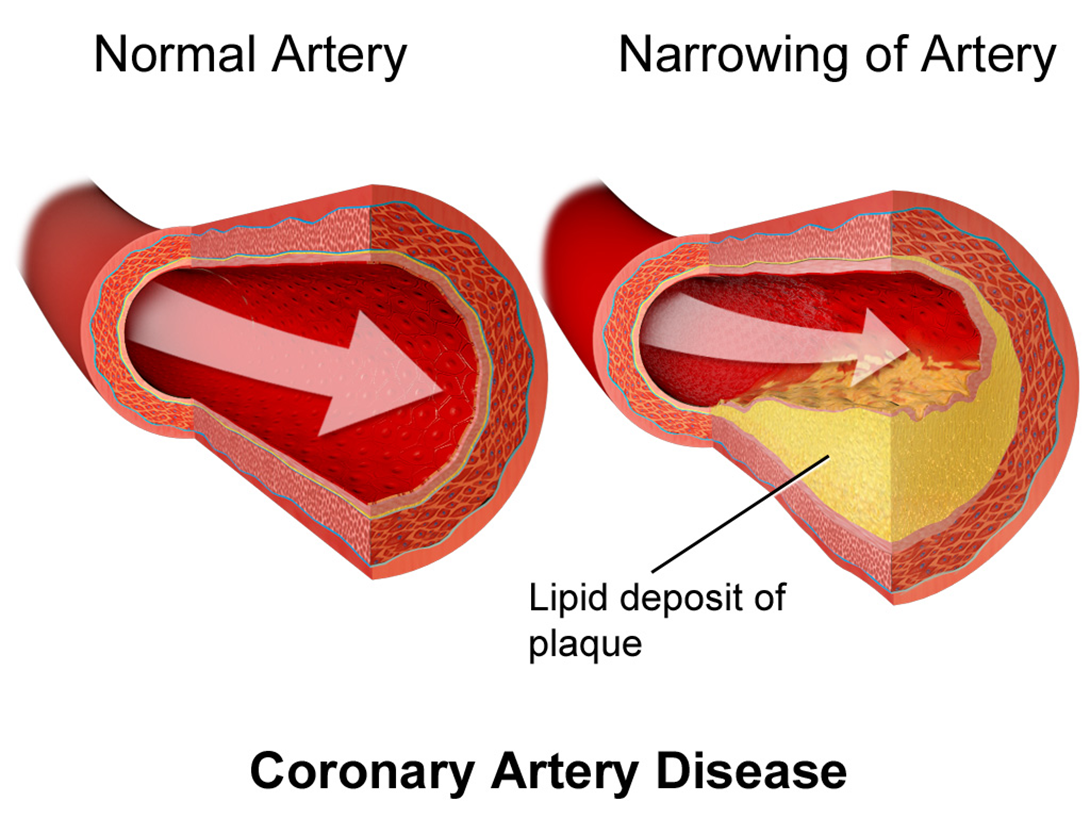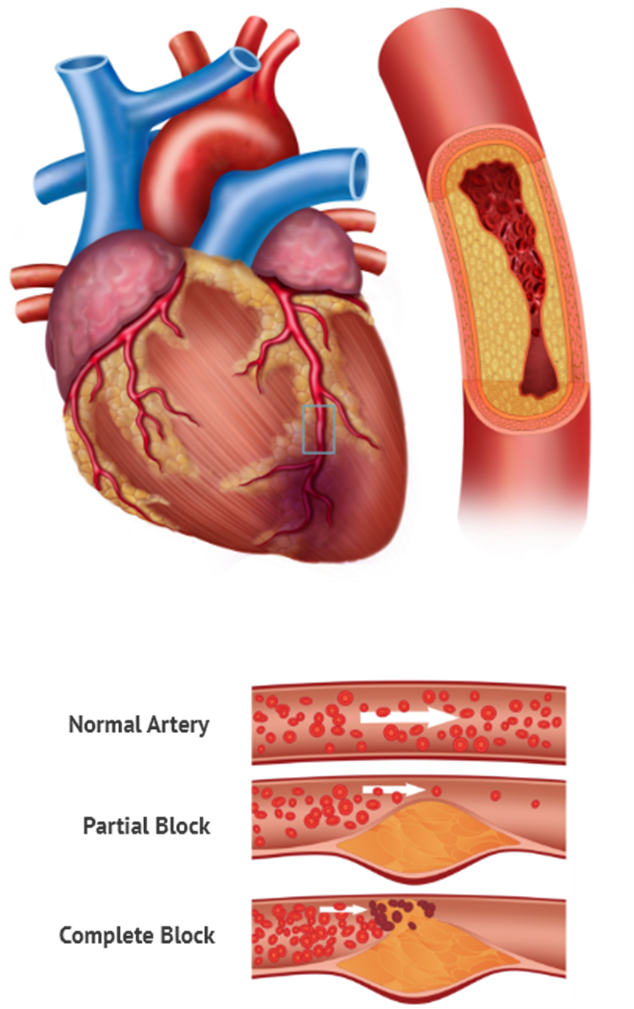Which tests can be used to assist in diagnosing a patient with coronary artery disease? Select all that apply.
Exercise stress test
Troponin I
Cardiac computed tomography
Radioisotope imaging
Angiography
Correct Answer : A,C,D,E
Choice A reason: An exercise stress test can help diagnose coronary artery disease by measuring the heart's ability to respond to external stress in a controlled clinical environment.

Choice B reason: Troponin I is a blood test that measures the levels of troponin T or troponin I proteins in the blood. These proteins are released when the heart muscle has been damaged, such as in a heart attack, which is a common complication of coronary artery disease.
Choice C reason: Cardiac computed tomography (CT) for calcium scoring is a non-invasive way of obtaining information about the presence, location, and extent of calcified plaque in the coronary arteries.
Choice D reason: Radioisotope imaging, such as a nuclear stress test, can show how blood moves to the heart muscle at rest and during stress, helping to diagnose coronary artery disease.
Choice E reason: Angiography involves using X-rays to see your body's blood vessels. Coronary angiography is specifically used to see if your coronary arteries are blocked or narrowed, where they supply blood to your heart.
Nursing Test Bank
Naxlex Comprehensive Predictor Exams
Related Questions
Correct Answer is ["A","B","C","F"]
Explanation
Choice A reason: Administering a daily stool softener can help prevent straining during bowel movements, which can increase cardiac workload.
Choice B reason: Providing a bedside commode reduces the effort required to go to the bathroom, thus reducing cardiac workload.

Choice C reason: Advocating for rest periods with no visitors can help reduce emotional stress and physical exertion, which can increase cardiac workload.
Choice D reason: A regular diet is not specifically an intervention to reduce cardiac workload and may not be appropriate immediately following a myocardial infarction.
Choice E reason: Ambulating four times a day is not recommended immediately following a myocardial infarction as it can increase cardiac workload.
Choice F reason: Maintaining bedrest can help reduce the workload on the heart by minimizing physical activity.
Correct Answer is B
Explanation
Choice A reason: Interrupted electrical activity to areas of the heartWhen it comes to the pain associated with coronary artery disease (CAD), interrupted electrical activity is not the primary cause. While abnormal electrical activity can lead to arrhythmias, it is not the primary source of pain in CAD. The pain in CAD is primarily related to inadequate blood flow and oxygen supply to the heart muscle.
Choice B reason: Lack of sufficient oxygen to the myocardiumThis is the correct answer. Coronary artery disease results in the narrowing or blockage of coronary arteries, which supply oxygen-rich blood to the heart muscle. When these arteries become narrowed due to plaque buildup (atherosclerosis), the heart muscle does not receive enough oxygen. This insufficient oxygen supply leads to chest pain (angina) and discomfort.
Choice C reason: Increased cardiac workloadWhile increased cardiac workload can contribute to heart-related symptoms, it is not the primary cause of pain in coronary artery disease. Increased workload may occur during physical exertion or stress, but the underlying issue in CAD is the reduced blood flow due to narrowed or blocked arteries.
Choice D reason: Lack of nutrients into the heartWhile nutrients are essential for overall heart health, the primary concern in coronary artery disease is the lack of oxygen supply. The pain associated with CAD is primarily related to inadequate oxygen delivery to the heart muscle, not specifically a lack of nutrients.
Whether you are a student looking to ace your exams or a practicing nurse seeking to enhance your expertise , our nursing education contents will empower you with the confidence and competence to make a difference in the lives of patients and become a respected leader in the healthcare field.
Visit Naxlex, invest in your future and unlock endless possibilities with our unparalleled nursing education contents today
Report Wrong Answer on the Current Question
Do you disagree with the answer? If yes, what is your expected answer? Explain.
Kindly be descriptive with the issue you are facing.
